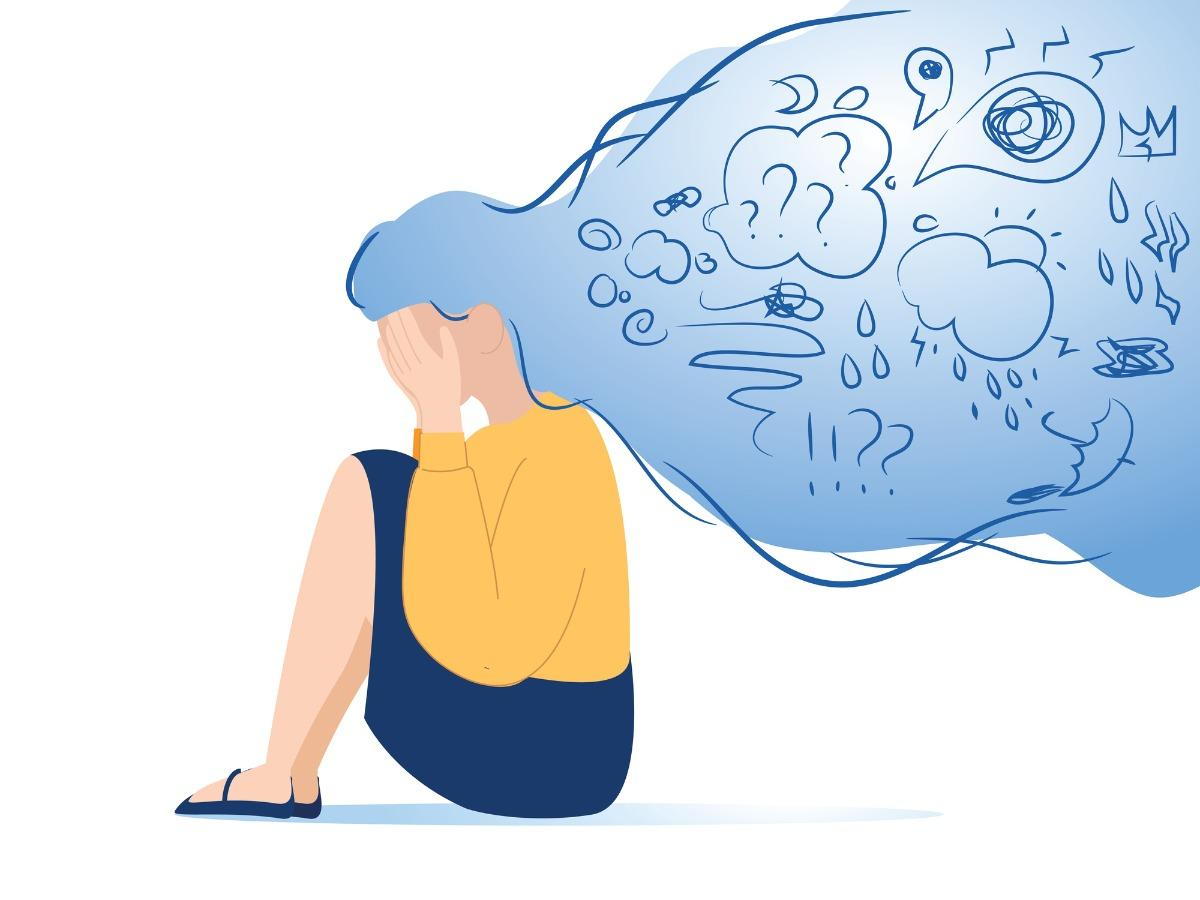
- posted: Apr. 24, 2020
The novel coronavirus that causes COVID-19 is not only potentially deadly, but can be transmitted by individuals who are not showing any symptoms, so people might fear that they’ve contracted the illness even if they feel fine. While the virus has existed in the United States for months, obtaining a test is still difficult in many areas and getting the results can take several days. It’s understandable that a person who believes he or she was exposed to coronavirus might suffer significant emotional harm regardless of what the test result eventually shows. As more Americans are afflicted with COVID-19, it seems likely that we’ll see lawsuits seeking damages for emotional distress related to actual or potential infection.
States vary in how they handle claims alleging negligent infliction of emotional distress, but by examining some of the elements of these actions, along with similar actions involving the spread of disease, we can gain some insight as to how these cases might be litigated. Key factors in emotional distress lawsuits can include:
- Physical impact — In cases where a plaintiff was stricken with COVID-19 because of someone else’s negligence, the victim might be able to collect compensation for emotional distress along with other types of damages such as reimbursement for medical expenses and lost income. Some states do allow standalone suits, but physical symptoms of the stress usually have to be proven, such as stomach problems, headaches or lost sleep.
- Foreseeability — As the coronavirus threat intensified in this country, the response changed quickly. Even government guidance shifted drastically about what type of gatherings were safe and whether people should wear masks in public. Those shifts might make it hard to demonstrate that a defendant would be able to foresee that their negligent act or inaction would cause someone emotional harm. Each situation has a unique set of facts, however, and if you’re unsure about the likelihood of a favorable verdict, a qualified personal injury lawyer can offer guidance.
- Zone of danger — Depending on the jurisdiction of the claim, an individual pursuing legal relief associated with emotional harm has to show that he or she was close enough to the negligent incident to experience an immediate threat of physical injury. Seemingly, if someone was negligently coughed on or forced to touch a contaminated surface that should have been cleaned, they would be in this “zone of danger.”
Emotional distress litigation is often complicated, made more so by the great variance regarding reasonable safety measures that should be taken to stop the spread of COVID-19. Once you discuss your situation with a lawyer who is familiar with these claims, you’ll have a better perspective on your options.
Contact an effective personal injury lawyer to discuss your case
The Studley Law Offices advocates on behalf of clients in personal injury cases. To set up a consultation, please call 508-923-7207 or contact the firm online.

- posted: Apr. 24, 2020
The novel coronavirus that causes COVID-19 is not only potentially deadly, but can be transmitted by individuals who are not showing any symptoms, so people might fear that they’ve contracted the illness even if they feel fine. While the virus has existed in the United States for months, obtaining a test is still difficult in many areas and getting the results can take several days. It’s understandable that a person who believes he or she was exposed to coronavirus might suffer significant emotional harm regardless of what the test result eventually shows. As more Americans are afflicted with COVID-19, it seems likely that we’ll see lawsuits seeking damages for emotional distress related to actual or potential infection.
States vary in how they handle claims alleging negligent infliction of emotional distress, but by examining some of the elements of these actions, along with similar actions involving the spread of disease, we can gain some insight as to how these cases might be litigated. Key factors in emotional distress lawsuits can include:
- Physical impact — In cases where a plaintiff was stricken with COVID-19 because of someone else’s negligence, the victim might be able to collect compensation for emotional distress along with other types of damages such as reimbursement for medical expenses and lost income. Some states do allow standalone suits, but physical symptoms of the stress usually have to be proven, such as stomach problems, headaches or lost sleep.
- Foreseeability — As the coronavirus threat intensified in this country, the response changed quickly. Even government guidance shifted drastically about what type of gatherings were safe and whether people should wear masks in public. Those shifts might make it hard to demonstrate that a defendant would be able to foresee that their negligent act or inaction would cause someone emotional harm. Each situation has a unique set of facts, however, and if you’re unsure about the likelihood of a favorable verdict, a qualified personal injury lawyer can offer guidance.
- Zone of danger — Depending on the jurisdiction of the claim, an individual pursuing legal relief associated with emotional harm has to show that he or she was close enough to the negligent incident to experience an immediate threat of physical injury. Seemingly, if someone was negligently coughed on or forced to touch a contaminated surface that should have been cleaned, they would be in this “zone of danger.”
Emotional distress litigation is often complicated, made more so by the great variance regarding reasonable safety measures that should be taken to stop the spread of COVID-19. Once you discuss your situation with a lawyer who is familiar with these claims, you’ll have a better perspective on your options.
Contact an effective personal injury lawyer to discuss your case
The Studley Law Offices advocates on behalf of clients in personal injury cases. To set up a consultation, please call 508-923-7207 or contact the firm online.



